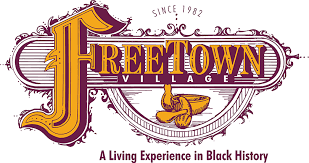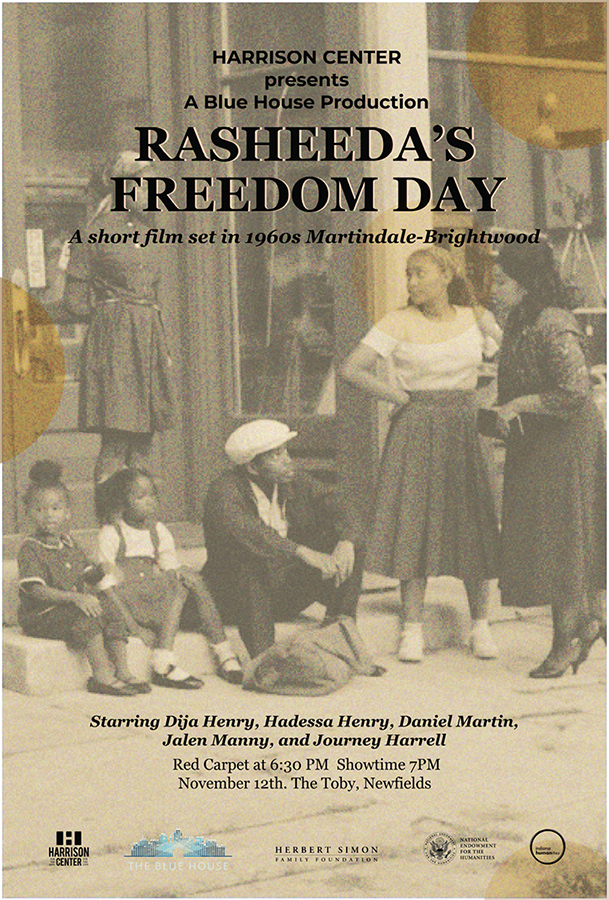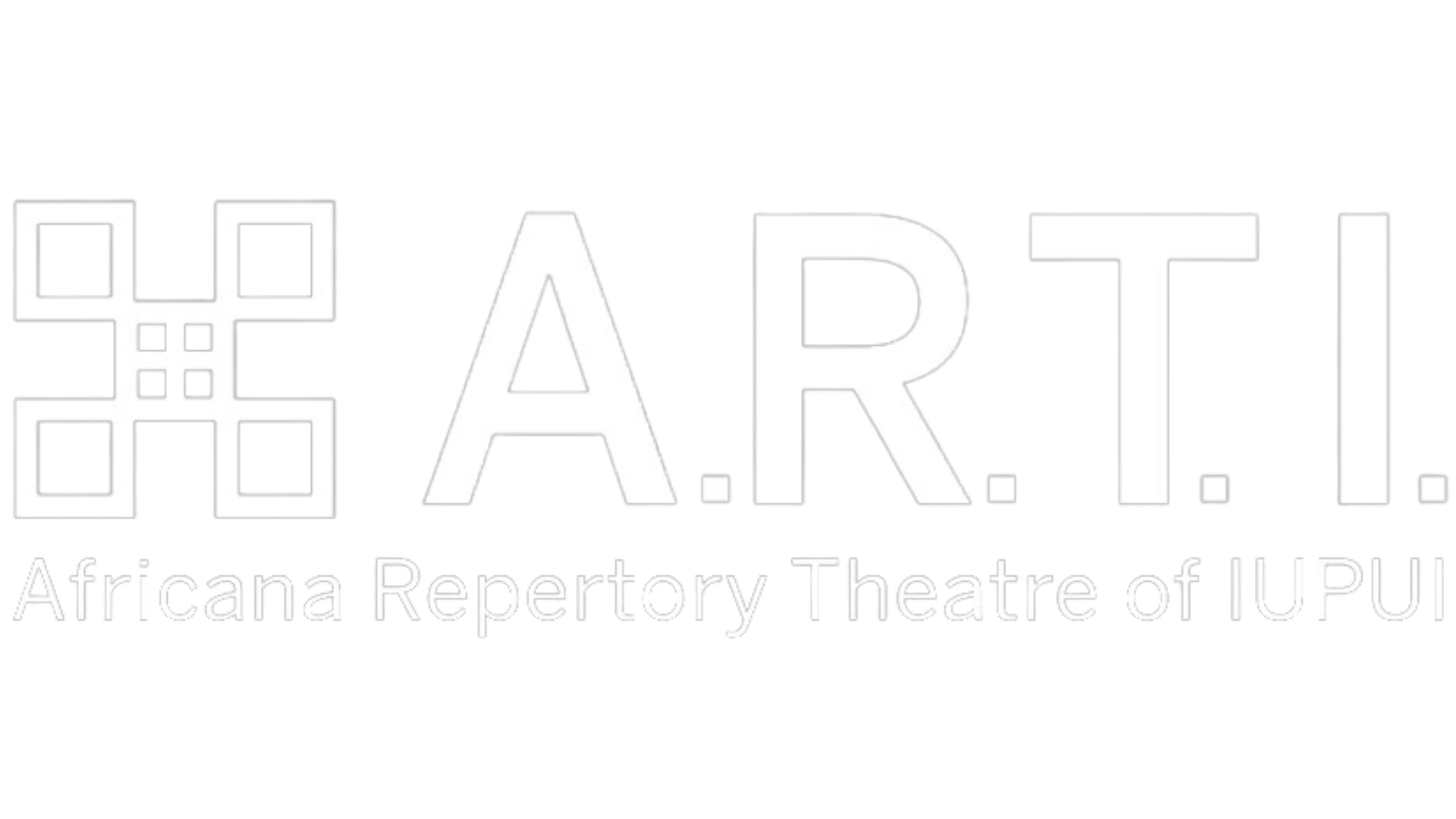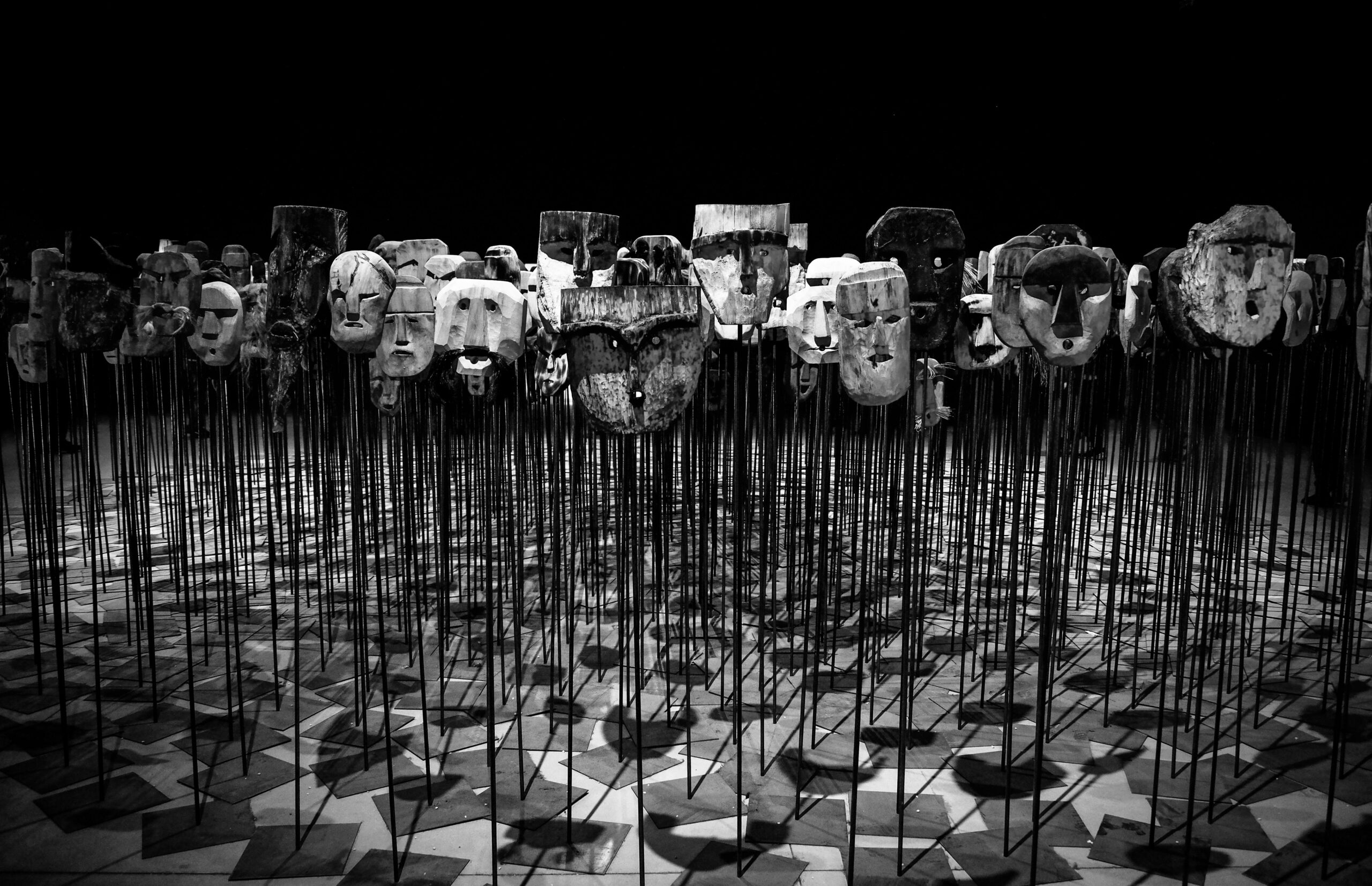Articles about the creative powerhouses across the state and region, those individuals who started troupes, wrote plays, and/or performed on stage.
Anatomy of a Dream
Ophelia Wellington: Founder of Freetown Village
By Terrence Lambert
BlackStage: When was Freetown Village formed?
OW: 1982
BlackStage: What inspired you to start the organization?
OW: I just really started reading The Bible, history, and so forth and used my background as a teacher to come up with the concept that we use for first person interpretation and theatre programming.
OW: When I first started Freetown Village, all of our programs were in the year 1870 because that was five years after the Civil War, five years after the thirteenth amendment that emancipated the slaves. It was during the industrial revolution where the Black community was thriving and prospering. It was a fairly inspirational time for us in this country.
BlackStage: Can you describe the feeling of watching Freetown Village grow since 1982?
OW: There’s some good and some bad because I think Freetown Village is one of the greatest art forms, but everybody doesn’t agree with me. I’ve enjoyed explaining and enjoying Freetown from the one little file box that I had in a little room that was probably a 10×10 with two desks, two chairs, and one trash can and a big old black phone on the desk. And now I’ve got more than one file box.
There are people who have been involved with Freetown Village over the years. There are children who’ve seen one of our programs who now have children and can recall with great joy their experience with Freetown Village.
We use a lot of interaction with the audience. And when I first started Freetown, I went to the theatre professionals to ask them for their help in planning. Many of them told me, “Ophelia you can’t use the audience like that because you can never predict what the audience is going to do.” So, as a classroom teacher, I could never predict what my students were going to do, but I knew I was in charge and the one in control.
The first shows we did were based on their professional recommendations, and I hated those shows. I couldn’t wait for them to be over. After that I said, “thank you for your professional help, but I’ll take it from here” and I started using what made the most sense to me. History is not that exciting to everybody, but if you personalize it you make people feel the passion, the heart, the story, the triumph of that individual. If you pepper that with things people can relate to, people understand. They get it. We have so many stories of people who’ve said “I never knew that “ and “I’m so glad you talked about that” or “I learned a lot.” They have that memory because they related to the character. People relate to people.
BlackStage: What kind of impact has Freetown Village had on the African American community in Indiana?
OW: Almost every single one of our performers will talk about how they learned things from Freetown Village and how much their life was changed. Many talk about how they’ve never learned about this in school. Most of us don’t learn this in school but that doesn’t prevent us from learning. We’ve got books, we’ve got the internet, and we have resources. So we have to take the time and learn it. People can’t leave it all to teachers because it’s not gonna get done.
BlackStage: Why is performance important in telling the stories of African Americans ?
OW: Seeing is believing. And acting is believing. So if I wanted to tell you about African American history and culture in Indiana, I can do the research, prepare a paper and give it to you. Sit down and read it. Or I can give a lecture and talk about what I discovered. Or I could show you history. And if I show you you’re more likely to relate to it. You’re connecting the senses. It’s more than auditory, it’s more than the visual. You’re connecting all the other senses with it too. It’s the engagement.
BlackStage: As founder, what has been the most rewarding experience throughout the nearly 40 years of Freetown Village?
OW: The feedback. What people say they’ve learned or appreciate about Freetown Village. Sometimes I’ve been to places where people are talking about Freetown and I think “What, that sounds pretty good!”
BlackStage: If you could invent Freetown Village again, is there anything you would do differently? What? Why?
OW: I would start out with a greater long range plan. With the knowledge I have now I am more strategic with what I am doing and what I have. We’ve traveled to 80 of our 92 Indiana counties and even know there’s a great opportunity to travel more because of different Diversity, Equity, and Inclusion initiatives.
BlackStage: For people who’ve never been to a Freetown Village performance, what do you hope they gain?
OW: As an educator I’m always looking to see what people are learning. We’ve had a lot of fun over the years. We have kids now who have kids that went through our summer camp and talk about the things they have done and how Freetown has changed their life. It’s almost like an out of body experience. When people talk about Freetown I have to realize OK, this is the program I started, but it’s really good to hear what people say.

Rasheeda’s Freedom Day

‘Rasheeda’s Freedom Day’ story to be told at Newfields by Breanna Cooper. Read here!

